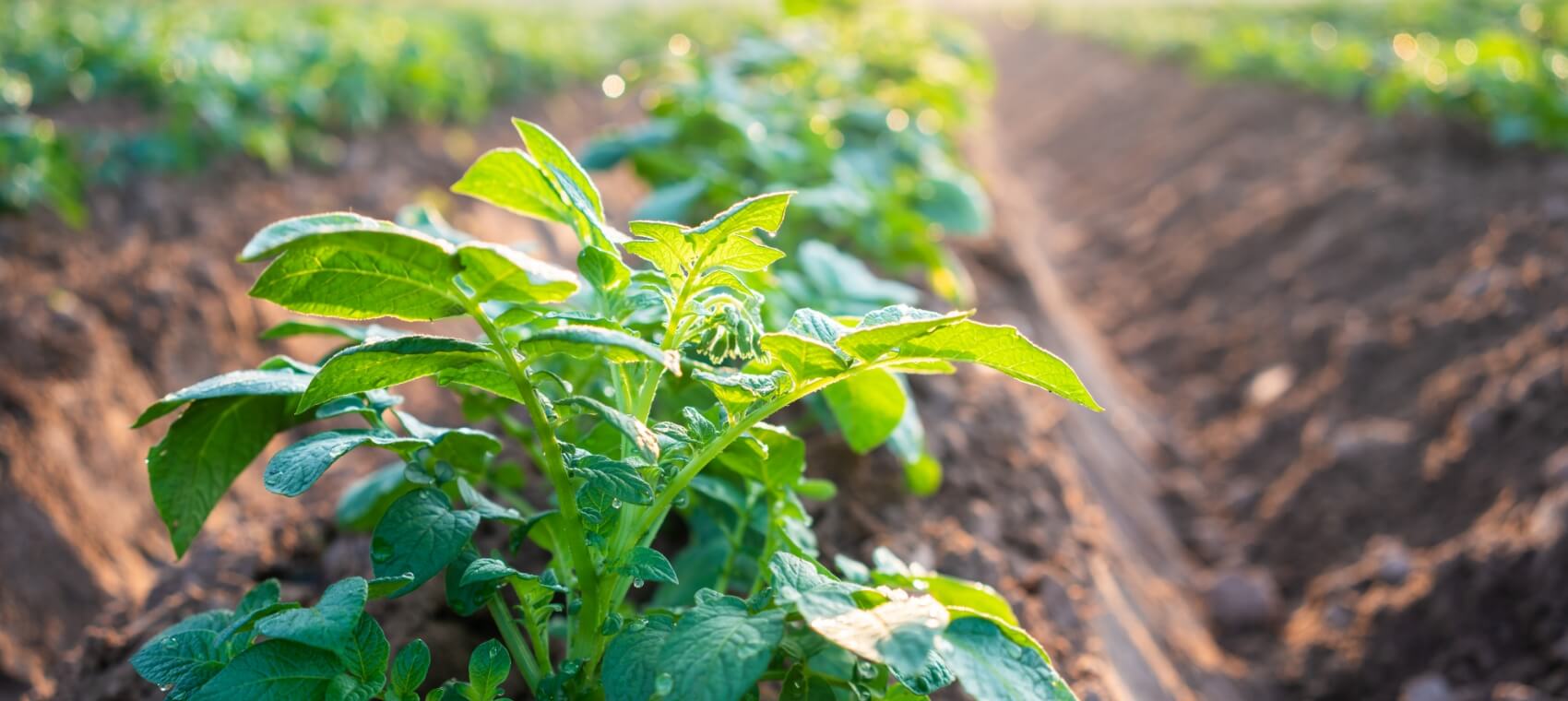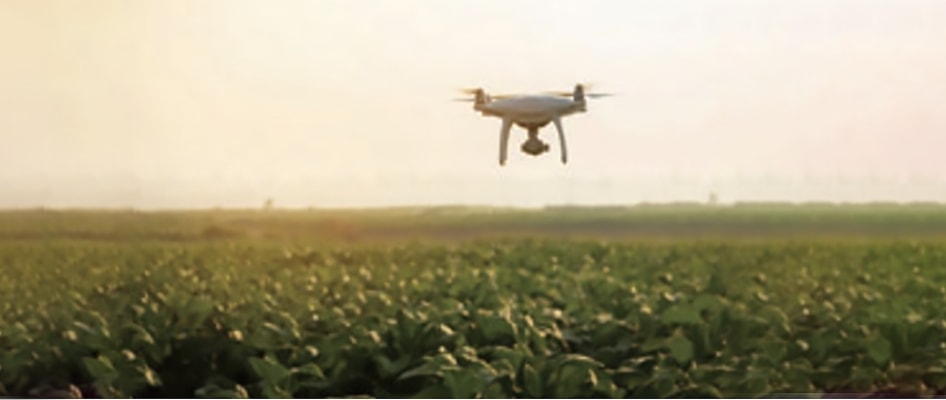Toward a Sustainable Society

The Nippon Soda Group's Efforts to Reduce Its Environmental Impact
The Nippon Soda Group sees environmental issues such as climate change and biodiversity to be among the most important challenges facing the international community.
As society and industrial structures undergo drastic changes to address these issues, we are working to solve social problems through chemistry and related services, while cooperating with local communities to promote environmental conservation efforts.
Our Group promotes “Responsible Care Activities”, business activities that are conducted while voluntarily taking steps to ensure the environment, safety, and health in all processes ranging from development, manufacturing, distribution, use, and final consumption through to disposal and recycling.
Through the provision of various products and services based on our long-established technologies - including technologies for safe treatment of industrial waste, heavy metal removal, resource recycling, and water treatment - we are contributing to pollution prevention and the formation of a recycling-based society through industrial waste collection, recycling, and effective utilization of water resources. Furthermore, we are engaged in research and development aimed at early social implementation of next-generation technologies to reduce environmental impact through collaboration with external organizations.
Moreover, alongside our local communities, we are cultivating forests including headwater conservation forests that absorb CO2 (carbon dioxide), and contributing to biodiversity conservation through sustainable plant protection measures to protect pine and cherry trees from harmful insects.
We will continue to engage in such environmental conservation efforts to minimize the impact that our business activities have on the environment, while creating new value through the power of chemistry and continuously developing our business in order to realize a sustainable society and increase our corporate value.
Achieving Carbon Neutrality

In April 2022, the Nippon Soda Group established the Greenhouse Gas Emission Reduction Working Group to work across the organization with the goal of achieving carbon neutrality by the year 2050 and aiming to reduce greenhouse gas emissions by at least 30% compared to FY 2014 levels by FY 2031. With our endorsement of the TCFD Recommendations in September 2022, we made public the Group’s initiatives in the four categories of “Governance”, “Strategy”, “Risk Management”, and “Metrics & Targets”. We also participated in the “Keidanren Carbon Neutrality Action Plan” led by the Japan Business Federation, taking steps to reduce CO2 emissions and promote energy conservation.
Specifically, we are switching to non-fossil power sources for caustic soda electrolysis at the Takaoka Plant (Toyama Prefecture), our Group's largest electricity consumer, and for equipment at the Nihongi Plant (Niigata Prefecture). We are also promoting the use of renewable energy by installing solar panels and introducing solar power generation systems at the Chiba Plant. Additionally, we aim to improve energy intensity by replacing manufacturing equipment with resource- and energy-efficient alternatives. Furthermore, through our Logistics Improvement Project, we are promoting the reduction of energy consumption by reviewing in-facility logistics and shortening transportation routes.
As part of our efforts that span the entire supply chain, we are working to achieve carbon neutrality by calculating not only greenhouse gas emissions from our own activities (Scope 1 & 2) but also indirect emissions outside the scope of our activities (Scope 3) with reference to guidelines such as the “Basic Guidelines for Calculating Greenhouse Gas Emissions through Supply Chains” issued by the Ministry of the Environment.
In the field of research and development, we are accelerating open innovation through initiatives such as research and development on the conversion of carbon dioxide into valuable products, based on solid solution alloy nanoparticle technology developed through collaborative research with Kyoto University.
As a corporate group, we own approximately 56 hectares of land in Hamamatsu City, Shizuoka Prefecture, which has acquired Forest Stewardship Council certification (a forest certified as having appropriate management systems in place for forest conservation). To mark the 100th anniversary of our founding, we also established the Nippon Soda Group Forest within the Joetsu Kuwadori Community Forest in Joetsu City, Niigata Prefecture, the birthplace of our company, and have since continued to make donations to the National Land Afforestation Promotion Organization to help create biodiverse forests and preserve the environment.

Focus on Development of Low-Risk Pesticides and Biological Pesticides

The Nippon Soda Group has been promoting R&D and sales expansion in the global market, mainly for our chemical pesticides. However, in recent years, along with increased awareness of the environment, there has been a growing demand for reduced pesticide use as well as biological pesticides in order to reduce the impact on the ecosystem.
In response to these evolving trends, our Group is working on R&D and sales expansion of biological pesticides and strengthening our systems to prepare for our deployment into the field of smart agriculture.

In Japan, in accordance with the “Strategy for Sustainable Food Systems” formulated by the Ministry of Agriculture, Forestry and Fisheries, we are focusing on the search for low-risk pesticides, development of biological pesticides and biostimulants, expansion of IPM (Integrated Pest and Weed Management), and development and registration of pesticides for drone-based spraying utilizing ICT.


